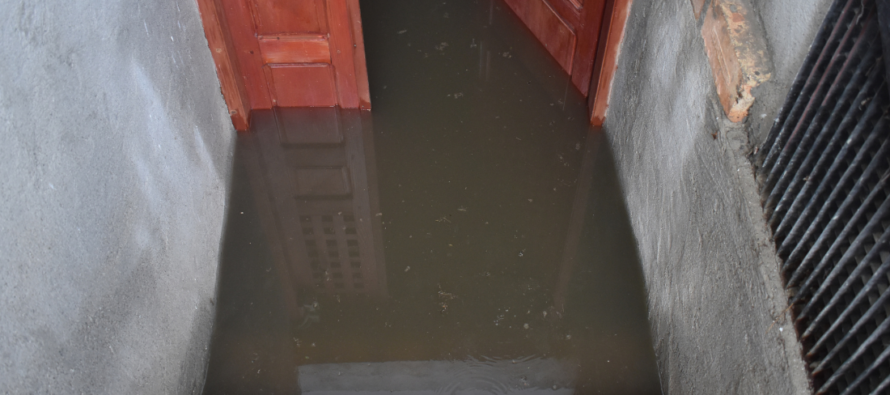

Read More
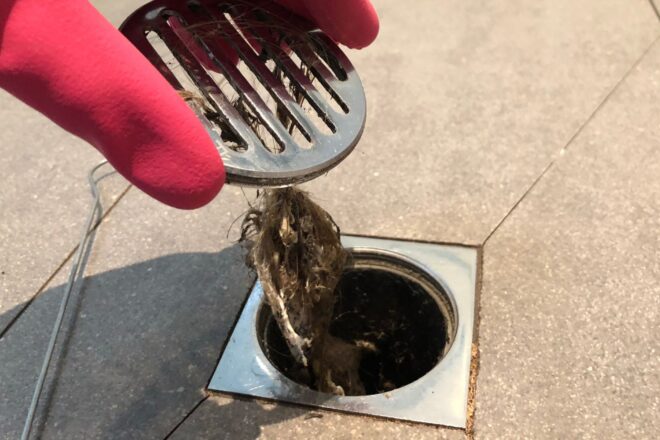
Blockages occur when sewage pipes get clogged, preventing the smooth flow of wastewater through drainage pipes. The dense, dark sewage that accumulates poses a potential danger due to hazardous contaminants, which carry the potential of severe health risks for you and your family. Addressing a home sewage or sewer backup as urgently as possible is crucial. We’ll explore the signs of a sewer backup, their consequences, and what you can do to prevent them.
Sewage backups present multiple dangers that go beyond simply an unpleasant smell. They can put your health and property in jeopardy.
Health Risks
Sewage water is often riddled with harmful bacteria, viruses, and parasites. Exposure to these can lead to severe illnesses such as gastroenteritis, hepatitis, and skin infections. Sewer backups can also contain toxic chemicals and gases, which can cause respiratory problems and other serious health issues.
Structural Damage
If left unchecked, sewer backups can cause significant damage to your home’s structure, including the weakening of foundations and rotting of wooden elements. This long-term damage can be expensive to repair and can decrease the value of your property. In severe cases, sewer backups can even render your home uninhabitable.
Mould Growth
The moisture from sewage water provides the perfect breeding ground for mould. Certain types of mould can lead to respiratory ailments, and removing mould can be difficult and costly. If you notice any musty or mouldy smell in your home, it could indicate an underlying sewage backup issue.
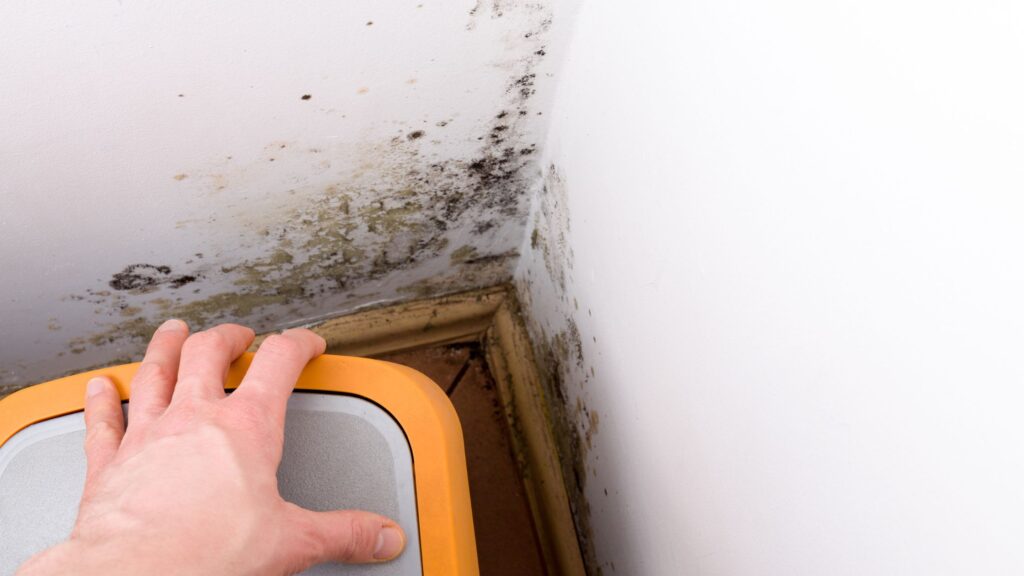

While sewage backups are unpredictable, knowing the warning signs can help prevent them from escalating into a major problem. Here are some key indicators to look out for:
Multiple Clogged Drains
If you notice that more than one drain in your home is clogged simultaneously, it could indicate a more significant issue with your sewer pipes. This is especially true if the clogs are in areas that are not connected, such as your kitchen and bathroom.
Foul Smells
A sewer backup will often emit a distinct, pungent odour. If you notice this smell coming from your drains or toilets, it could indicate an impending sewer backup. It’s essential to pay attention to this smell and take action immediately.
Slow Drainage
A slow-draining sink or bathtub could indicate that something is blocking the flow of wastewater, which could eventually lead to a backup. If the water in your sinks, showers, or tubs drains slower than usual, it’s best to investigate further.
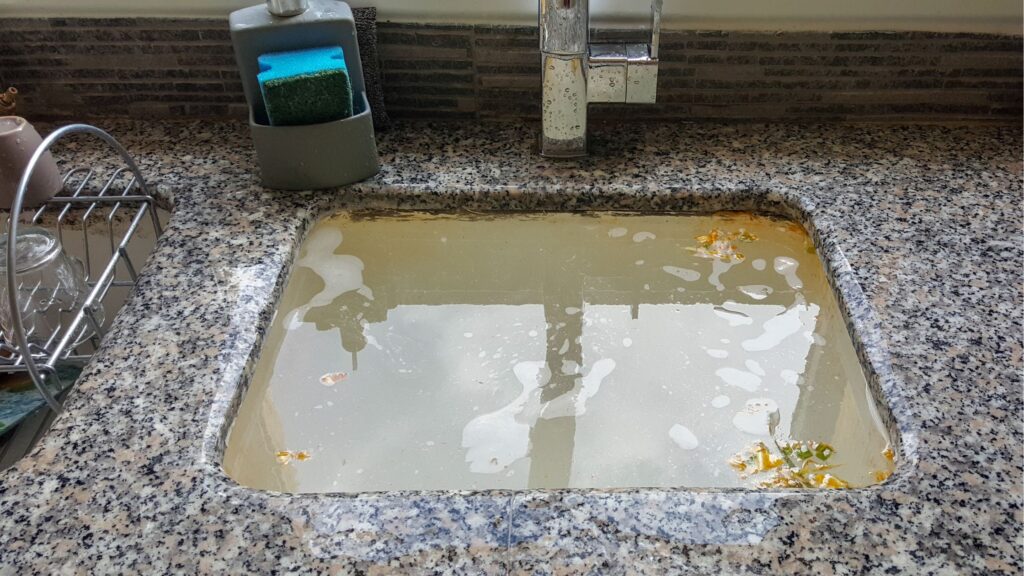

Gurgling Noises
Unusual gurgling or bubbling noises from your toilet or drains could indicate a sewer line backup. This happens when air is trapped in the pipes due to a clog, and as water tries to pass through, it creates gurgling noises.
Sewage Coming Up Through Drains
The most obvious sign of a sewer backup is when you see raw sewage coming up through your drains, which requires immediate attention from a qualified plumber. This could be caused by a blockage in the sewer pipes or a problem with your septic tank.
Prevention is always better than dealing with the aftermath of a sewer backup! Here are some helpful tips to prevent these dangerous and costly incidents:
Proper Disposal of Waste
Avoid flushing anything other than human waste and toilet paper down the toilet. Items like feminine hygiene products and dental floss can cause blockages in your sewer line. Also, avoid pouring grease or oil down the drain, as they can solidify and block pipes.
Regular Maintenance
Have a professional plumber regularly inspect your plumbing fixtures, such as your sump pump and hot water heater, to catch any potential issues before they become major. Regular maintenance can also help identify and prevent any blockages in your sewer line.
Install a Sewer Backup Valve
A sewer backup valve is a simple device that can prevent sewage from flowing back into your home. It automatically closes if sewage flows in the wrong direction, protecting your property from damage.
Proper Tree and Shrub Maintenance
Shrub and tree roots can infiltrate your sewer lines and cause blockages. Be mindful of where you plant greenery to avoid this issue. Consider having any trees and plants inspected regularly and maintaining them properly.
If you suspect a sewer backup in your home, the first thing to do is to turn off the main water supply. Doing so will prevent any additional wastewater from entering your home. Next, call a professional plumber who can safely and effectively assess and address the issue in the affected area.
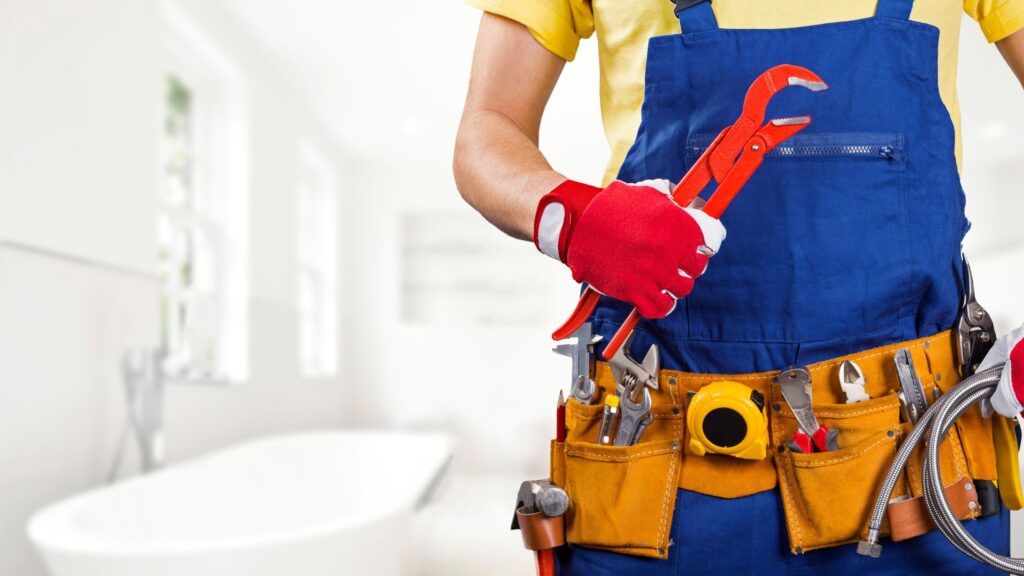

Taking immediate action when dealing with a sewer backup is essential due to its potential health and property hazards. Prevention is critical, so stay vigilant for any signs of a sewage backup in your sewer systems and take the necessary precautions to protect your home and health. Heed the warning signs, whether you’re experiencing slow drainage or foul smells from your drains.
Has an unexpected disaster damaged your property? You need a prompt and reliable restoration company to call. PuroClean Restoration Richmond BC is a trusted partner offering comprehensive restoration services for all types of property damage. Our expert and empathetic team is available 24/7 to respond to emergencies such as water damage, fire damage, and mould infestations. We use state-of-the-art technology and are committed to restoring your property and peace of mind. Please visit our website or call us at (604) 841-9879.